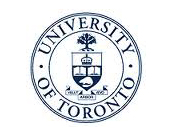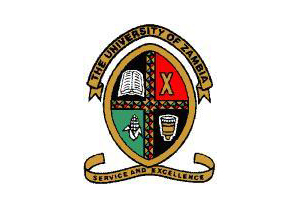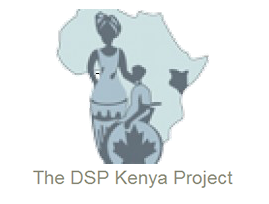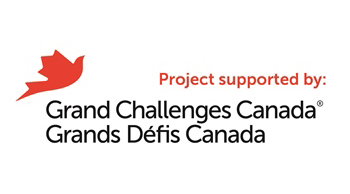3.1 – What are the rehabilitation interventions that address impairments common among people living with HIV?
3.1.7: Neuromuscular and movement related structures
People living with HIV commonly experience neuromuscular and movement-related impairments. These impairments include (but are not limited to) difficulties related to joint mobility, muscle power and involuntary movements.
These impairments may be caused by pathology in the central nervous system, spinal cord or peripheral nervous system. Neuromuscular rehabilitation techniques include massage therapy, passive movements, proprioceptive neuromuscular facilitation (PNF) and Bobath techniques, and exercise prescription. Potential causes of these impairments and rehabilitation interventions are shown in the table below.
Table 3.1.7: Clinical Aspects of Neuromuscular and Movement Related Impairments
| Impairments | Possible Etiologies | Rehabilitation Interventions8 (for details, see Section 3.3) |
|---|---|---|
Reduced joint mobility |
Disuse Inflammation Fluid retention |
|
Muscle tone |
Deconditioning Central nervous system lesions (including stroke, malignancy or infection) Spinal cord pathology (including myelitis, TB) Lower motor neuron lesions |
|
Reduced muscle strength, power and endurance |
Inactivity or deconditioning due to prolonged bed rest or illness Central nervous system lesions (including stroke, malignancy or infection) Spinal cord pathology (including myelitis, TB spine) Acute inflammatory demyelinating polyneuropathy Inadequate nutritional intake Anemia Electrolyte abnormalities |
|
Involuntary movements (including dystonia and ataxia) |
Central nervous system lesions Side effects of medication Electrolyte abnormalities |
|
Decreased bone density (including osteoporosis and osteopenia) |
Inactivity or deconditioning Severe weight loss Malnutrition Hormonal imbalances |
|
Osteonecrosis (avascular necrosis) |
Etiology unknown but associated with HIV infection |
8Choice of rehabilitation interventions will depend on patient assessment and available resources.

 Previous Page
Previous Page




